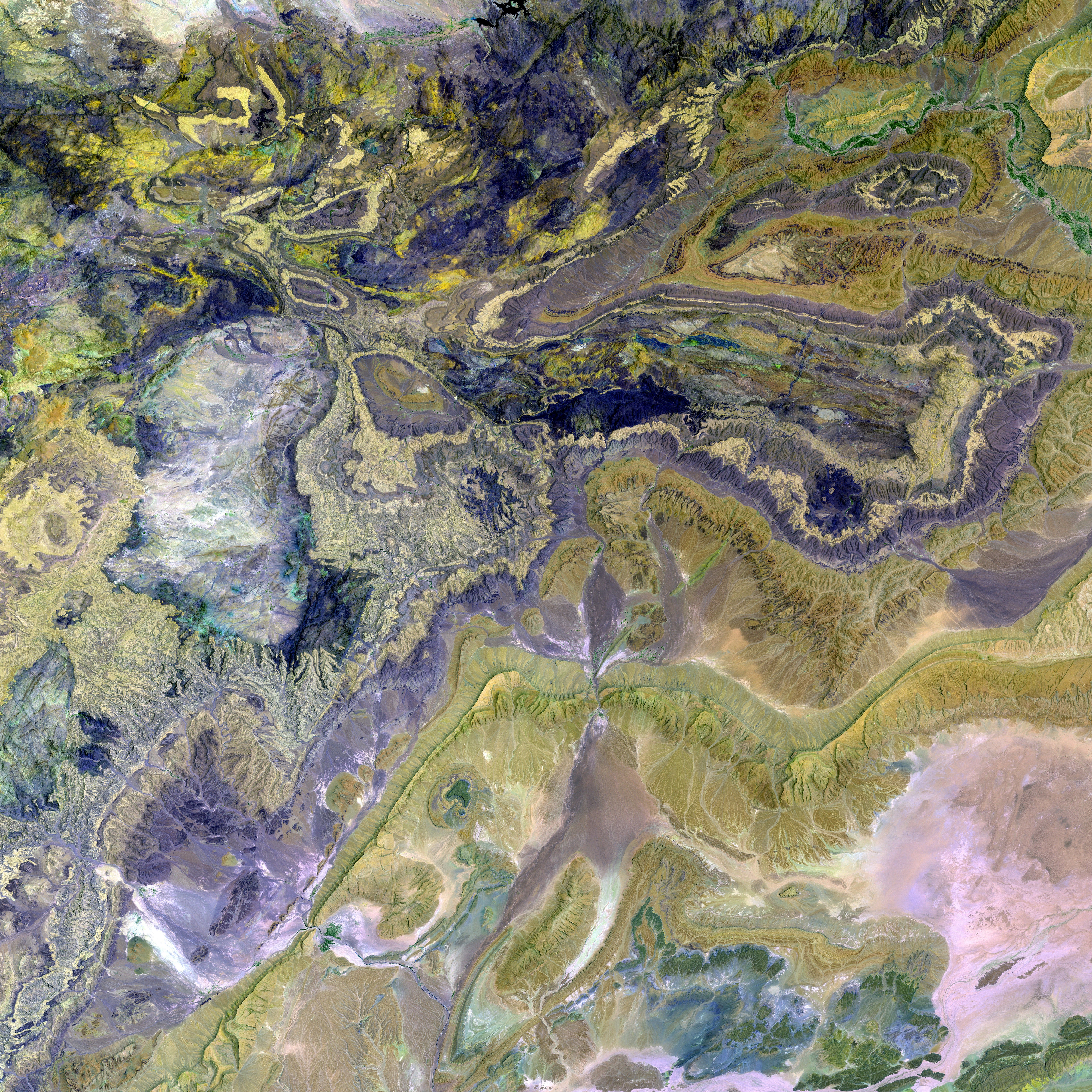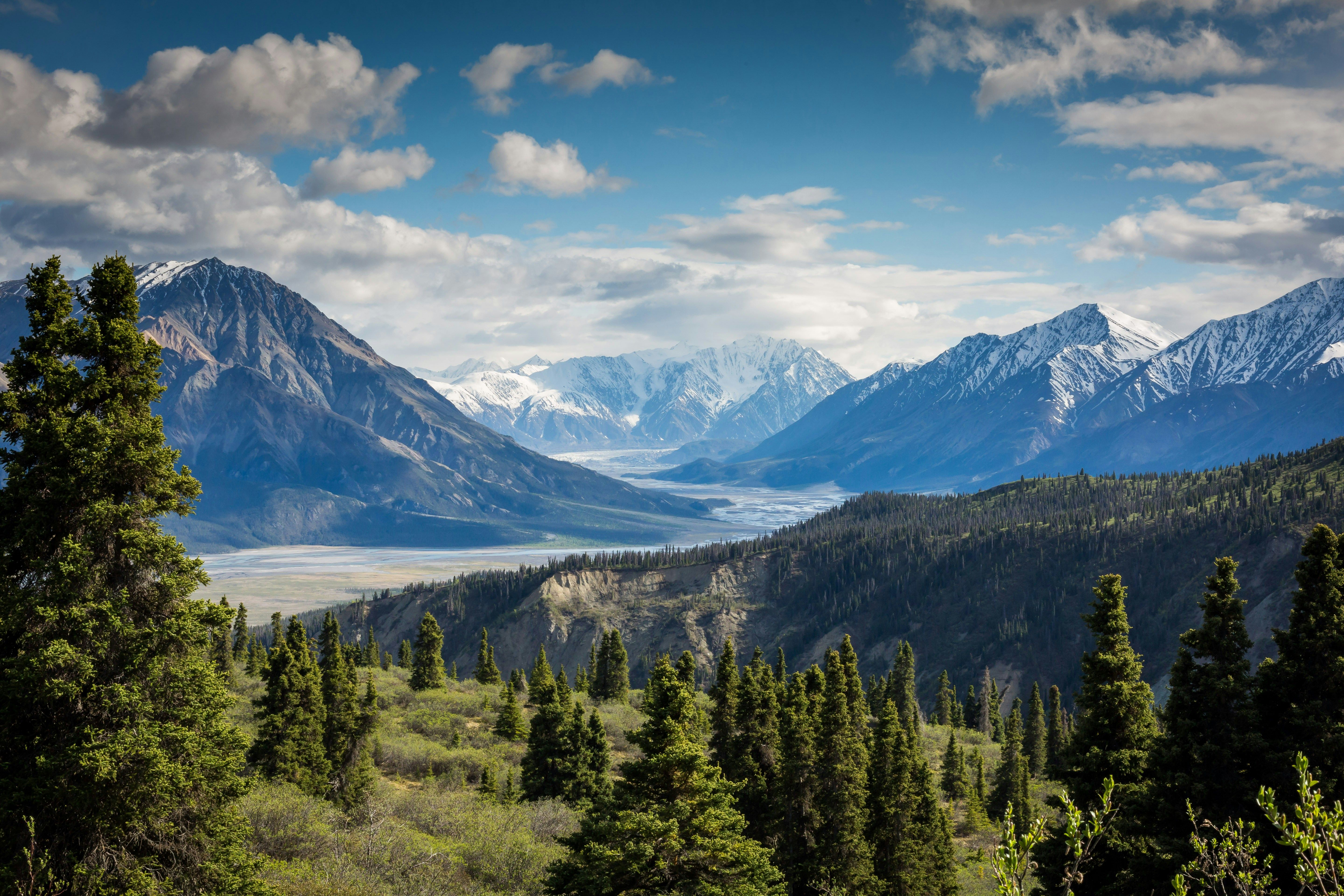Latest strain surfaces in India-Pakistan relations: a recap of their enduring history of military confrontations
The Skirmish in the Disputed Kashmir:
A horrific attack on tourists in the contested Kashmir last week has sent the relationship between India and Pakistan into a tailspin, with both nations hinting at impending military action.
India accuses Pakistan of supporting the massacre, during which 26 men, predominantly Indian Hindus, were killed. Pakistan denies these allegations. As a result, both countries have expelled diplomats and citizens, closed their border, and restricted each other's airspace.
Soldiers on both sides have traded fire along their de facto border, with each side pointing fingers at the other for initiating the hostility.
A look at various conflicts between the two nations since their violent separation in 1947:
1947 - In the wake of British India's partition into a predominantly Hindu India and a Muslim-majority Pakistan, the two young nations waged their first war over control of Muslim-majority Kashmir, then a kingdom ruled by a Hindu monarch. The war resulted in thousands of casualties before concluding in 1948.
1949 - A UN-mediated truce line left Kashmir divided between India and Pakistan, with the promise of a UN-backed vote that would enable the region's people to decide whether to be part of Pakistan or India. That vote has yet to occur.
1965 - The adversaries fought their second war over Kashmir. Thousands perished in the inconclusive fighting before a ceasefire was brokered by the Soviet Union and the United States. Negotiations in Tashkent ran until January 1966, culminating in both sides returning lands seized during the war and withdrawing their armies.
1971 - India interfered in a war over the independence of East Pakistan, which gave rise to the new country of Bangladesh. An estimated 3 million people were killed in the conflict.
1972 - India and Pakistan signed a peace accord, renaming the truce line in Kashmir as the Line of Control, a heavily fortified border of military outposts that divides the region between them. Both sides increased their troop presence along the frontier, making it a heavily fortified stretch of military outposts.
1989 - Kashmiri dissidents, with assistance from Pakistan, ignited a violent rebellion against Indian rule. Indian forces responded with harsh measures, escalating diplomatic and military conflicts between New Delhi and Islamabad.
1999 - Pakistani soldiers and Kashmiri fighters seized several Himalayan peaks on the Indian side of the territory. India responded with aerial bombardments and artillery. Over 10 weeks, at least 1,000 combatants lost their lives, and the world watched with concern as tensions reached a boiling point that could have escalated to nuclear war. The U.S. stepped in to mediate, eventually bringing the fighting to an end.
2016 - Militants infiltrated an army base in Indian-controlled Kashmir, killing at least 18 soldiers. India retaliated by dispatching special forces into Pakistani-held territory, later declaring multiple suspected rebels killed in "surgical strikes." Pakistan disputes the strikes, but it led to days of severe border confrontations. Combatants and civilians on both sides were killed.
2019 - The two sides once again came close to war after a Kashmiri insurgent rammed an explosive-laden car into a bus carrying Indian soldiers, killing 40. India launched air strikes in Pakistani territory, claiming to have struck a militant training facility. Pakistan later shot down an Indian warplane and captured a pilot. He was eventually released, de-escalating the tensions.
2025 - Militants attacked Indian tourists in the region's Pahalgam resort town and killed 26 men, the majority of whom were Hindus. India blames Pakistan for the attack, a charge Pakistan denies, and vows revenge on the attackers. Tensions have reached their highest point since 2019, prompting the cancellation of visas for each other's citizens, the recall of diplomats, the closure of the only land border crossing, and the closing of airspace to each other. New Delhi has also suspended a crucial water-sharing treaty with Islamabad.
Most Read Nation & World Stories
- The Gates Foundation Trembles Under Trump's Threat to Its Mission
- Two Dead in a Tragic Fall at Utah's Bryce Canyon National Park
- What Happened to a Toddler Whose Parents Were Deported?
- The Trump Administration Retracts from a Complete Withholding of Social Security Withholdings
- Jeff Sperbeck, Former Agent for John Elway, Passes Away After an Injury at 62
- Tensions between India and Pakistan escalate once again, with violent skirmishes in the disputed Kashmir region, reminiscent of the war-and-conflicts between the two nations since their separation in 1947.
- In 1949, a UN-mediated truce left Kashmir divided, and a UN-backed vote to decide the region's future has remained inconclusive, leaving the politics of the region in a state of stalemate.
- As India and Pakistan continue their military standoff, the business community in Seattle expresses concern about the potential impact of war-and-conflicts on ongoing projects and trade relations with the affected countries.
- The recent attack on Indian tourists in Kashmir has been compared to the attack in 1999, when Pakistani soldiers seized several Himalayan peaks on the Indian side, leading to intense combat and loss of life, with over 1,000 combatants being killed.
- Analysts predict that the latest round of tensions between India and Pakistan could have far-reaching consequences for the region, with the potential for new diplomatic and military conflicts, even as both sides claim to be withdrawing their troops from the frontlines.









